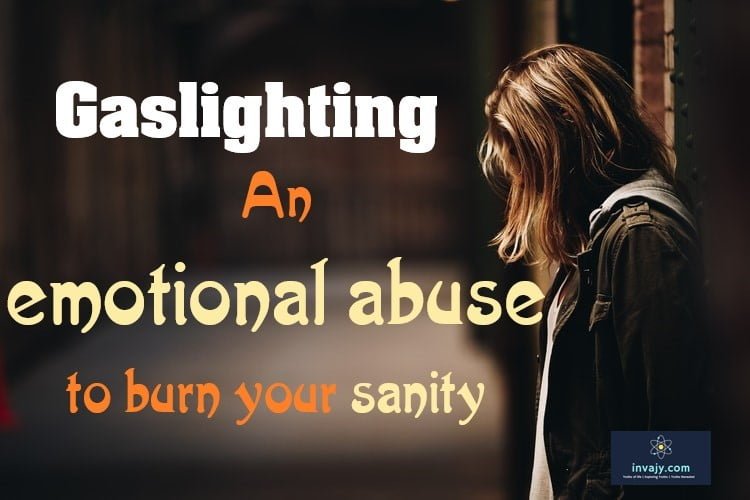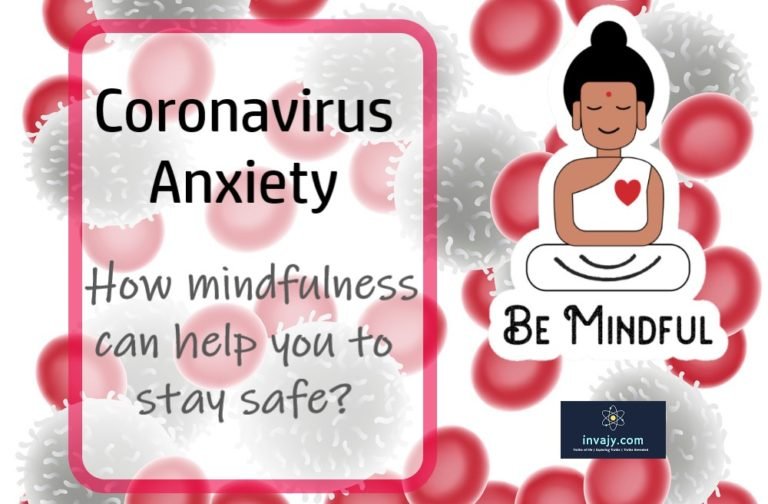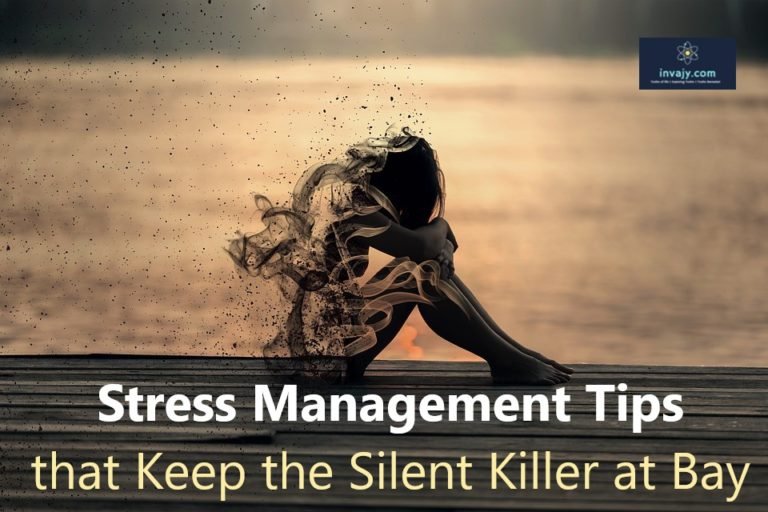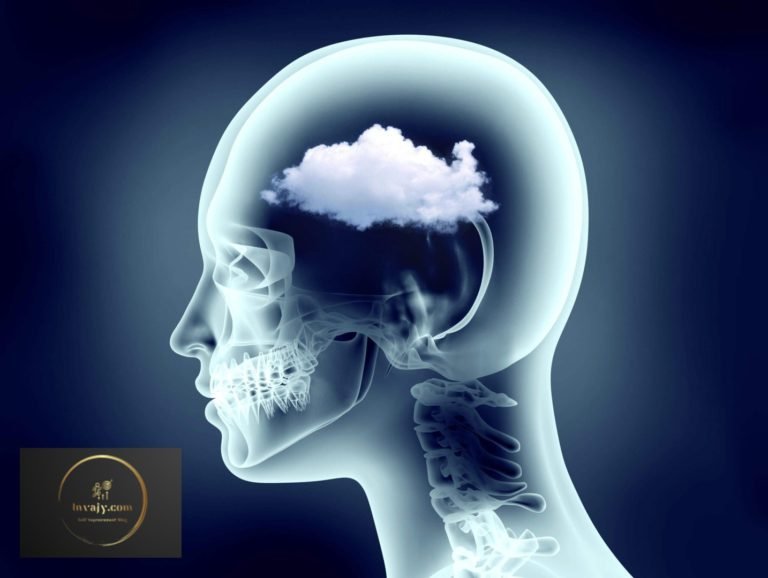How to Live with ADHD?
Discover insights into Attention Deficit Hyperactivity Disorder (ADHD) and its effects on focus and behavior. Explore strategies for managing symptoms and leveraging strengths to enhance daily functioning and overall well-being.
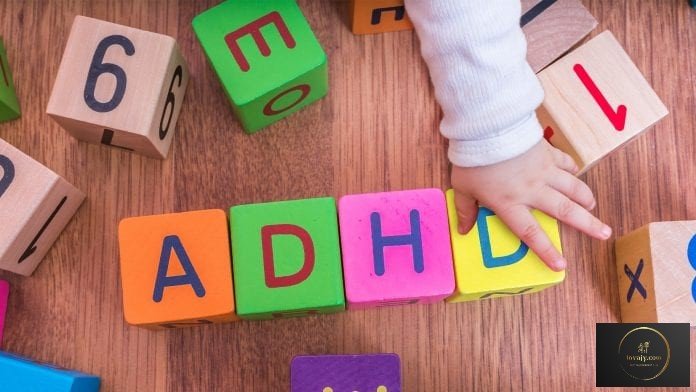
ADHD (Attention Deficit Hyperactivity Disorder) is a chronic medical condition and one of the most common neurodevelopmental disorder which affects millions of children. It often continues till adulthood and sometimes lifetime. In the United States of America, approximately 6.1 million children (9.4 percent) between ages 2 to 17 are estimated to have ever been diagnosed with ADHD (Attention Deficit Hyperactivity Disorder).
What is ADHD or ADD?
A person with ADHD has differences in brain development and brain activity that results in inattention, hyperactivity, and impulsiveness. Few parents get confused with that whether this is a mental illness or not. It is a mental health disorder since the condition affects the mood, behavior and thinking or the sufferer. But in reality, only few practitioners use the words “mental illness” to describe children with ADHD. They tend to refer to it as a “behavior disorder.” Some might even refer to it as a learning difference that can affect all areas of learning.
Causes of ADHD
Research to date has shown ADHD may be caused by a number of things:
- Brain injury.
- Genes and heredity.
- Exposure to environmental toxins (e.g., lead) during pregnancy or at a young age.
- Alcohol, smoking and tobacco use during pregnancy.
- Premature delivery.
- Low birth weight.
Symptoms of ADHD
The symptoms of ADHD vary and are sometimes difficult to recognize. Here are the symptoms which can help you or your doctor to identify it at primarily at behavioral level.
- Impulsiveness
- Lack of self control
- Hyperactivity
- Restlessness
- Extremely poor attention or focus
- Carelessness
- Over Talkative
- Emotional turmoil
- Distraction from current tasks
- Concentration problems
- Memory issues
- Excessive talking
- Mood swings
- Fidgeting
- Procrastination
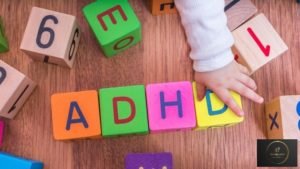
Tips and Strategies for living with ADHD
ADHD can present challenges across all areas of life and can be tough on your health and both your personal and on-the-job relationships. Battling ADHD is not easy, especially when your symptoms start impacting you productivity, food habits, sleep, motivation, mood, behavior, relationships, or success rates in school, workplace, or social activities. It can affect your overall quality of life. ADHD can’t be prevented or cured. Treatment may involve medication and therapy sessions to help get organized and stay focused. But spotting it early, plus having a good treatment and education plan, can help a child or adult with ADHD manage their symptoms. You need to learn with it and how to cope with various symptoms. Here are the tips and strategies for living with ADHD.
Mindfulness Meditation
Mindfulness meditation is all about observing your thoughts, emotions, and sensations without judgment. In other words, mindfulness is about the awareness of awareness and the ability to be nonjudgmental with yourself. Mindfulness improves mood, attention and quality of life. It helps to regulate emotions and establishes intention in life choices. It It helps you to live in the present moment enabling you to have less distraction and more attention on the current task.
Exercise
One Attention Deficit Hyperactivity Disorder treatment that doesn’t require a prescription or a visit to a therapist’s office is exercise. Exercise is extremely important for people/children struggling with ADHD.
ADHD sufferers are hyperactive, and exercise can be a positive outlet to release pent-up energy. Research is finding that getting regular fitness can improve thinking ability, and it may improve the symptoms of ADHD. Fitness will help ease stress and anxiety, control impulsiveness, enhance memory and improve organizing capability.
Sleep Quality
People with ADHD are more likely to experience shorter sleep time, problems falling asleep and staying asleep, and a higher risk of developing a sleep disorder. Improving sleep quality has the potential to reduce ADHD problems and to have a positive impact on everyday life of the affected individuals, as well as their families.
You may read our full article on tips and strategies on how to get a good sleep.
Getting Organized
The hallmark traits of ADHD (Attention Deficit Hyperactivity Disorder) are inattention, impulsiveness and distractibility. Getting organized at home and at work perhaps can be the biggest challenge for people with ADHD Creating an organization
strategy that is realistic to implement and keep up with long term can be extremely helpful in managing ADHD. Organized spaces make things easier to find, increase productivity, improves time management, and reduce strain on relationships. Declutter and simplify your surroundings at home and workplace. Using planner and adopting a more disciplined daily routine will also help for sure for living a life in more organized way.
Limit Distractions
Children or adults with ADHD gets provoked through easily accessible distractions. Television, video games, Smart Phones and the computer encourage impulsive behavior. You must regulate such distractions. By decreasing time with electronics and increasing time doing engaging outdoor activities , the sufferer will have an outlet for built-up energy. Social media apps notifications are the biggest distractors of modern world. Turn off notifications and read the messages on specified pre decided set times of the day.
Get More Help
The tips, ideas and strategies listed here can help you start coping with ADHD, but they may not be enough to help you overcome the ADHD’s challenges. You may consider consulting with registered mental health practitioner specializes in treating ADHD or an ADHD-Coach who can provide give you additional tools to cope with your condition. In some cases medication and therapies helps a lot to control the symptoms of Attention Deficit Hyperactivity Disorder. That’s all from my side. I hope, you liked this article on mental health. Please share this on your favorite social media portals with your friends and relatives. (Disclaimer: This article is for general information only. Before adopting preventive methods/measures/treatment, please seek medical advice.


